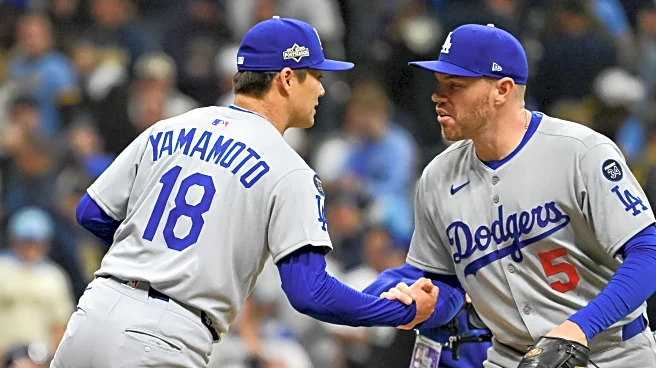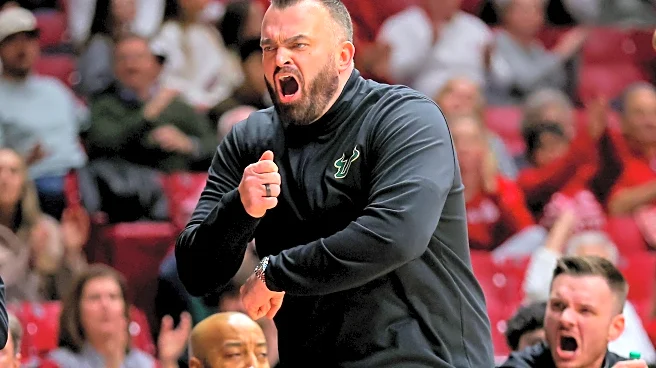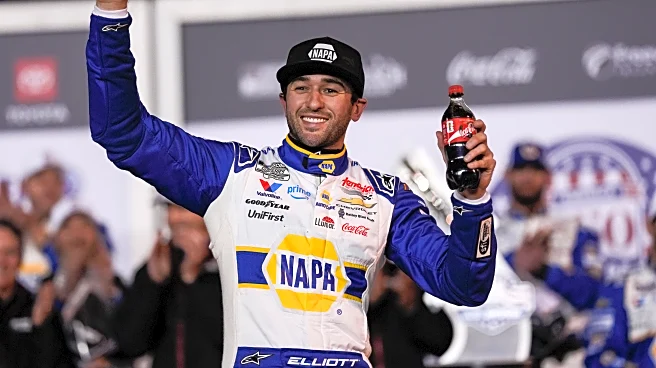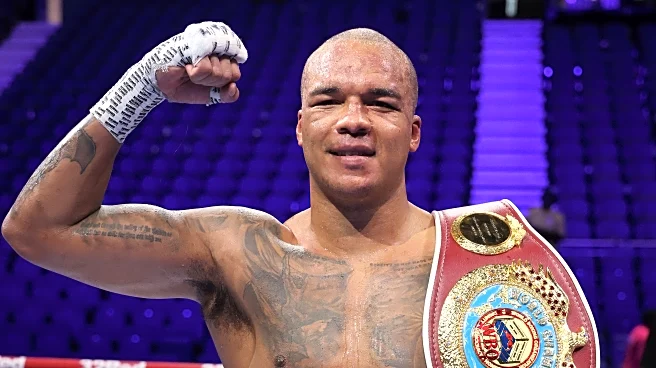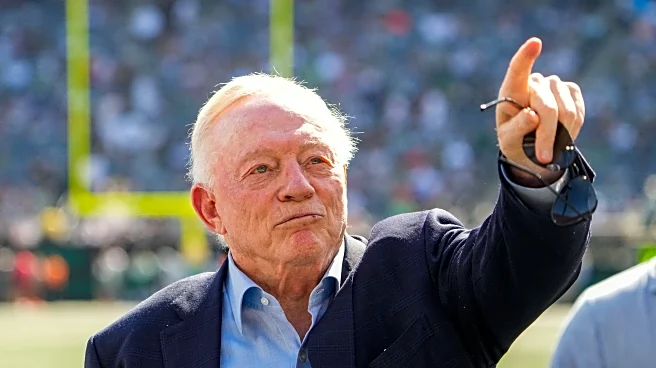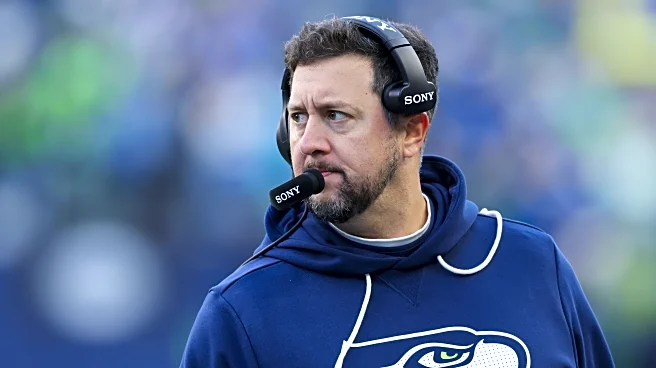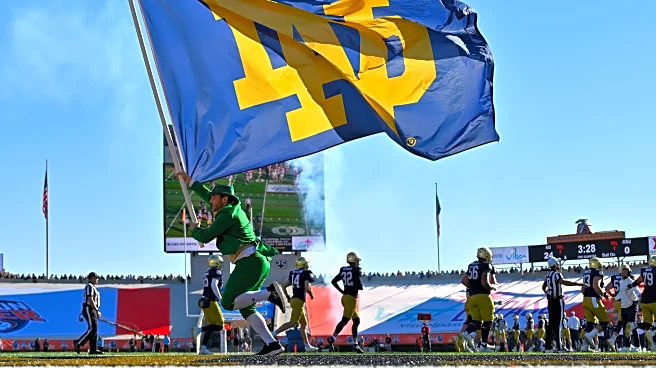What a difference a year makes.
The Dodgers won a championship in 2024 with a starting rotation pieced together by string, chewing gum, and a paper clip, relying on a deep bullpen to fill in the enormous
gaps. This year the roles are flipped, in extreme fashion, with the starters providing the steadiest foundation.
“If you look at the construction of our roster currently, the strength is starting pitching. And when you can have your most talented pitchers get the most outs, then you’re in a good spot,” manager Dave Roberts told reporters in Milwaukee after Game 2’s win over the Brewers. “Right now, all four of those guys are in a really good head space. Physically they’re sound. And you feel good about those guys starting a game and pushing them. And they’re prepared for this.”
Blake Snell faced the minimum in eight scoreless innings in Game 1 against the Brewers, then Yoshinobu Yamamoto allowed a leadoff home run and almost nothing else in a complete-game win in Game 2.
Last postseason, Dodgers starting pitchers — Yamamoto, Jack Flaherty, and Walker Buehler, plus four openers in bullpen games — totaled 60 innings in 16 games. This year, through only eight games, the rotation has already pitched 52 2/3 innings.
The NLCS provides another comparison. In 2024, Dodgers starters totaled 20 1/3 innings in six games against the Mets, while this year against the Brewers they are already at 17 innings through two games.
Yamamoto’s outing stood out simply by completing what he started, something no MLB pitcher did in the postseason since Justin Verlander for the Houston Astros in Game 2 of the 2017 ALCS.
Yamamoto is the first Japanese-born pitcher to pitch a complete game in the MLB postseason, doing so while retiring his final 14 batters faced. This year in the regular season and postseason combined, Yamamoto has a 2.42 ERA in 33 starts, with 219 strikeouts (a 28.7-percent strikeout rate) in 193 1/3 innings.
“I wish I could say I’m surprised but I’m not. We’ve all seen it all year long,” Kiké Hernández told reporters in the locker room at American Family Field after Game 2. “When he’s on, he’s in total control.”
Tuesday was also the first complete game in MLB for Yamamoto, who completed 12 games in his final three seasons with the Orix Blue Wave in Japan in 2021-23. According to Elias, he’s the fifth MLB pitcher to throw their first career complete game in the postseason, along with Jim Beattie in Game 5 of the 1978 World Series (against the Dodgers), Liván Hernández in 1997 NLCS Game 5 (the Eric Gregg game), Josh Beckett in Game 5 of the 2023 NLCS, and Marco Estrada in Game 1 of the 2016 ALCS.
Yamamoto had the 42nd complete game in Dodgers postseason history, but the first 40 of those happened by 1988. In the 37 years since, the only other such complete game in franchise history was the José Lima Game in Game 4 of the 20o4 NLDS at Dodger Stadium, which kept the Dodgers alive for one more day.
The Dodgers this year are in a much better position.
Dating back to the Division Series, the Dodgers have allowed one run in three consecutive games, all wins. That’s tied for their second-longest streak of allowing zero or one run in a single postseason, behind only the 1981 team that ended the NLDS with four such games against the Astros and added another in Game 1 of the NLCS against the Montreal Expos. The Dodgers had two other three-game streaks — the final three games of the 1963 World Series, and consecutive shutouts last year against the San Diego Padres (twice) and Mets.
The Dodgers this year return to Los Angeles needing only two wins to become the first defending champion to return to the World Series in 16 years, since the Philadelphia Phillies in 2009. And they have the rotation to thank.
